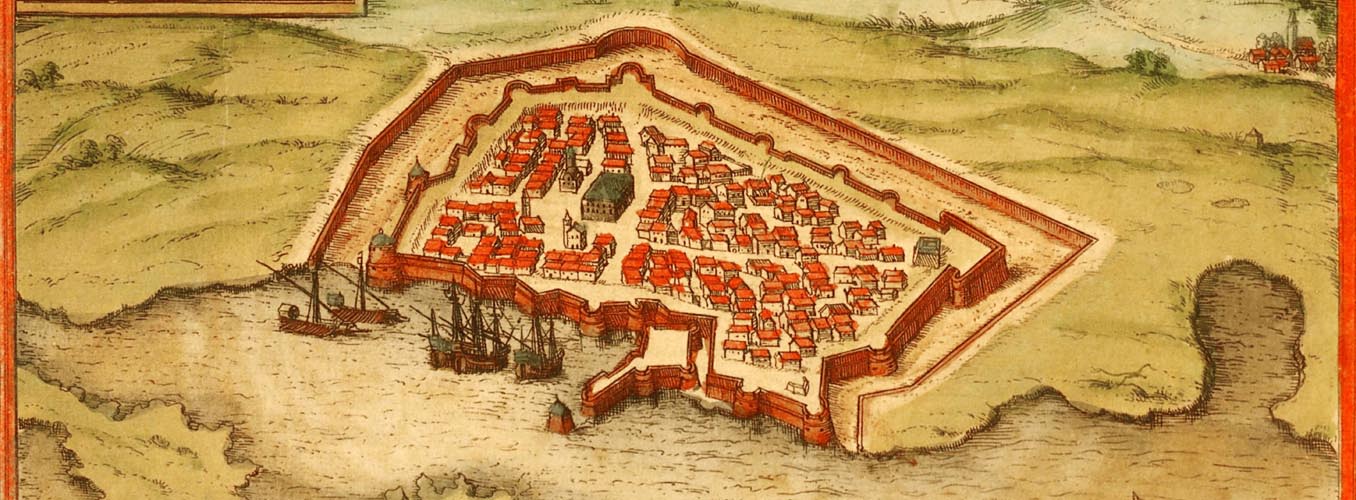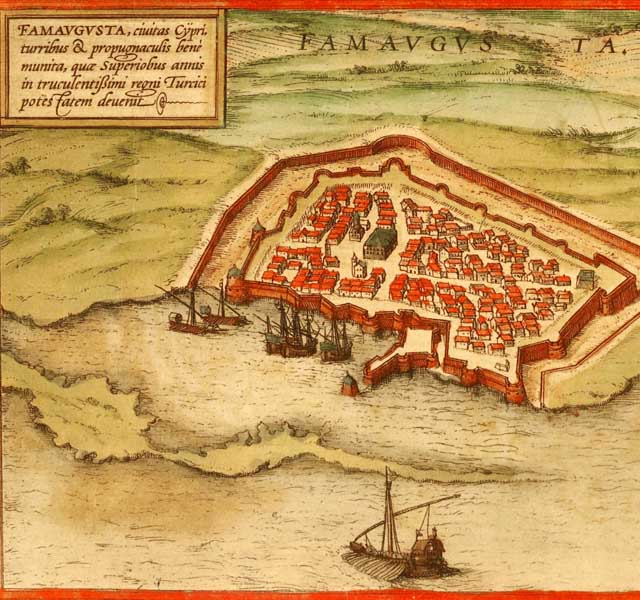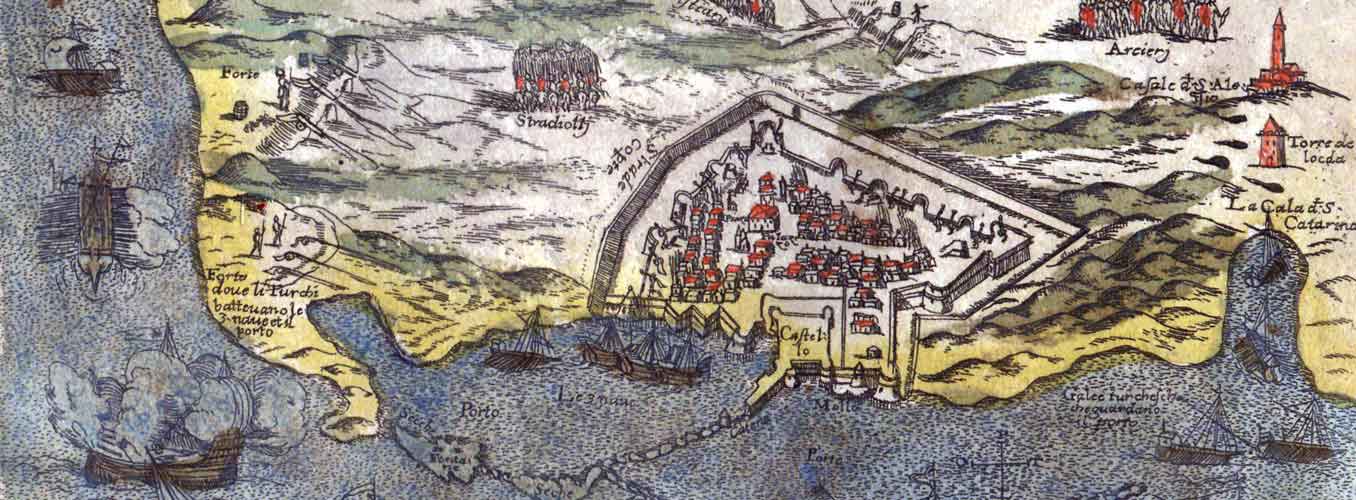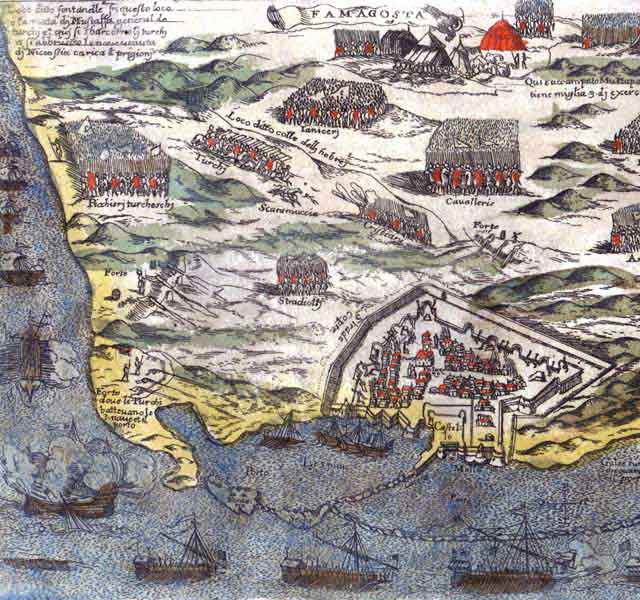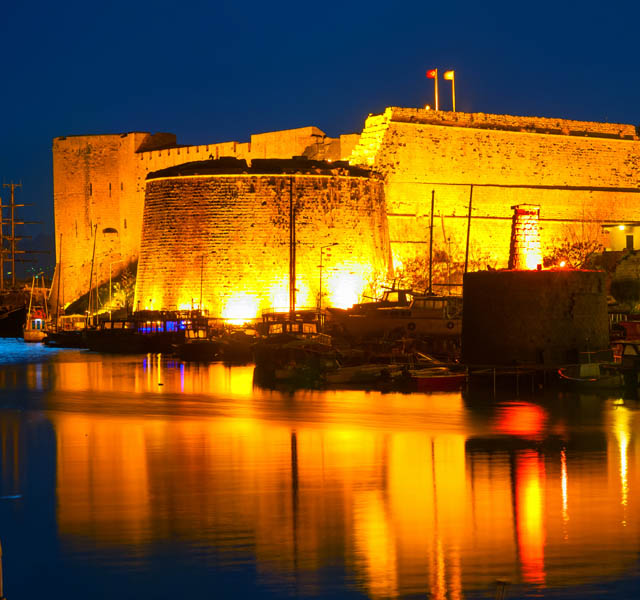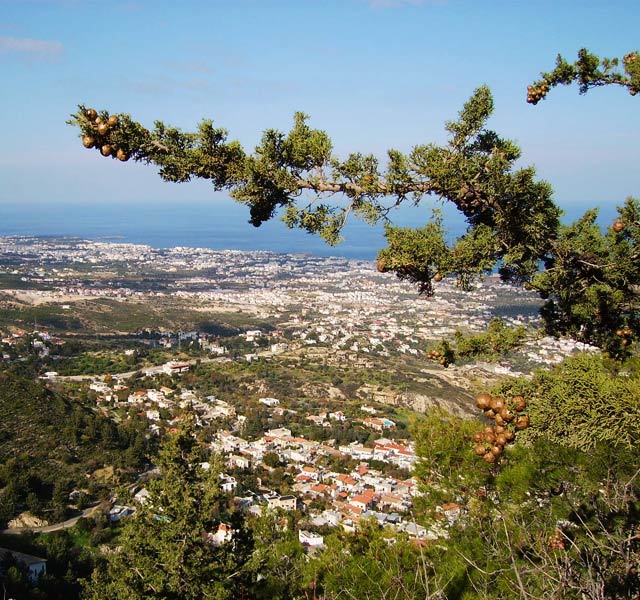In 58 BC Cyprus became a province of the expanding Roman Empire. Christianity spread after the missions of the Apostles Paul and Barnabas. The Roman Empire collapsed, merging with the Byzantine Empire and the island entered a period of flourishing commercial success. The church of Cyprus became self-ruling with its own Patriarch.
The Arab raids of the 7th C AD destroyed the coastal towns and thwarted trade over a period in excess of 300 years. The despotic ruler Isaac Comnenus did little to improve the lives of the Cypriots, imposing punishing taxes and curtailment of individual freedom.
Richard the Lionheart captured the island in 1191 first selling it to the Knights Templar, before handing it over to Guy de Lusignan, erstwhile King of Jerusalem.
Three hundred years of Lusignan rule followed, before Cyprus was controlled by the Venetians for a period of eighty years. The Ottoman Empire conquered the island in 1571 after which the island became a sleepy backwater used only as a stepping stone on the trade routes.
During the 19th C for political reasons the Cyprus came under British control; there were many improvements to the island’s crumbling or non-existent infrastructure, such as schools, hospitals and a healthy water supply.
When the dying Ottoman Empire joined forces with Germany in 1914 Cyprus was annexed to the British Crown and became part of the British Empire. In 1960 the island was granted its independence and freedom to govern its people for the first time in its long and extraordinary history.



